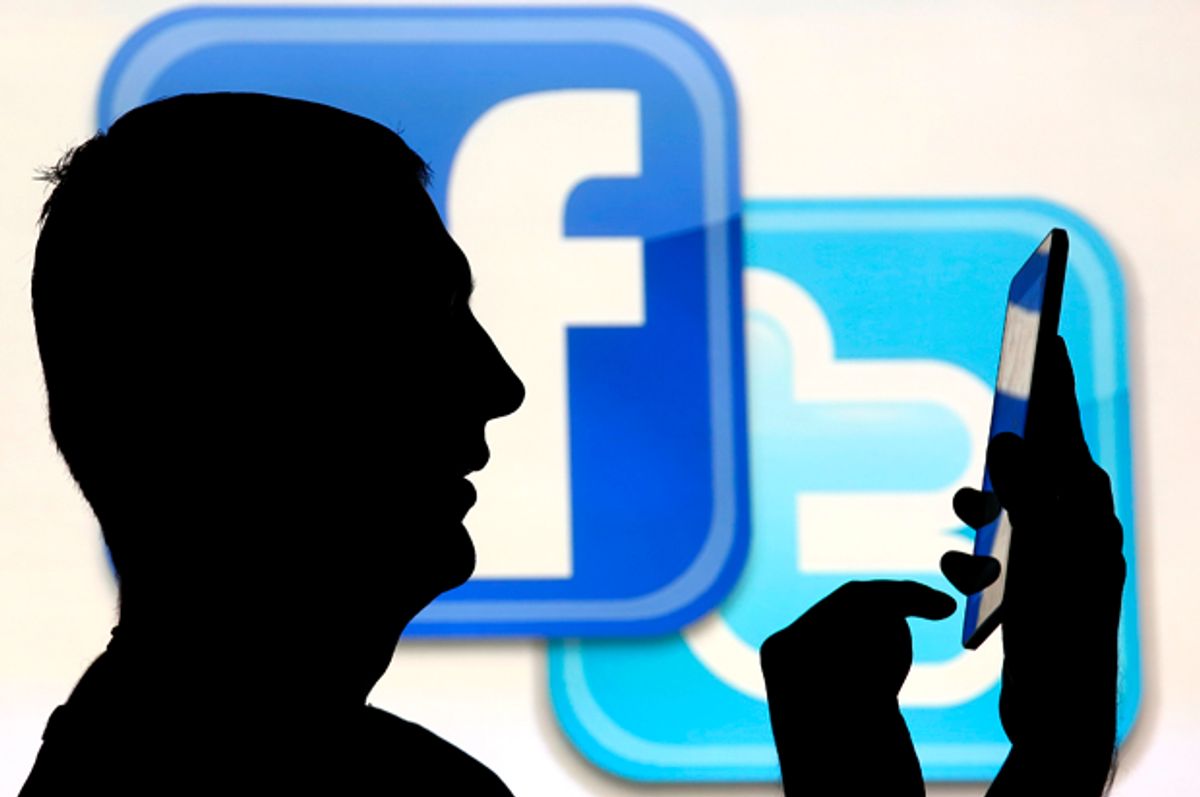The University of Oxford has released a series of studies called the "Computational Propaganda Research Project." These document the extent to which social media platforms like Facebook and Twitter are being manipulated to promote political propaganda.
"During the 2016 campaign, a bipartisan range of domestic and international political actors made use of political bots," write project members Sam Woolley and Doug Guilbeault in their report on the United States. "The Republican Party, including both self-proclaimed members of the 'alt-right' and mainstream members, made particular use of these digital political tools throughout the election."
Woolley and Guilbeault also argued that bots influenced the 2016 presidential election by "'manufacturing consensus,' or giving the illusion of significant online popularity in order to build real political support" and making it easier for various sides of the political spectrum to use social media manipulation to further their cause.
Although the report illustrates that governments like Russia rely heavily on bots in order to advance their political interests (45 percent of highly active Twitter users there are bots), Woolley points out that anyone can use them to advance their political goals, according to a report by The Guardian. As he effectively puts it, “Picture your annoying friend on Facebook, who’s always picking political fights. If they had an army of 5,000 bots, that would be a lot worse, right?"
Regarding Russia, project member Sergey Sanovich wrote in his report that "digital propaganda of the Russian government seeks to insulate Putin’s leadership from any domestic challengers and aid in his foreign policy ventures, which increasingly sets Russian interests off against the West."



Shares